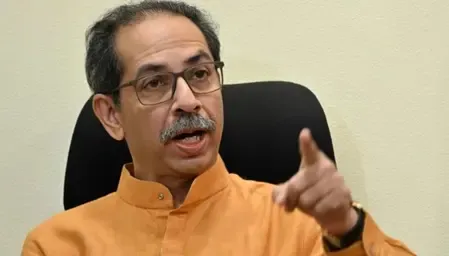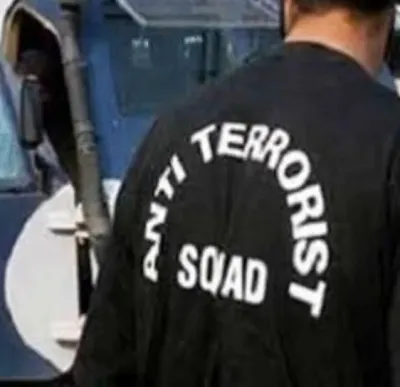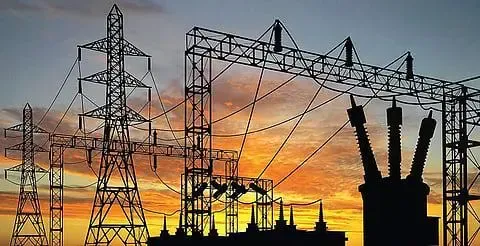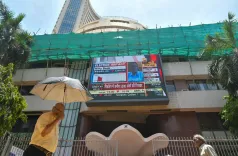Cooch Behar Rail Blockade Ends; Train Services Disrupted
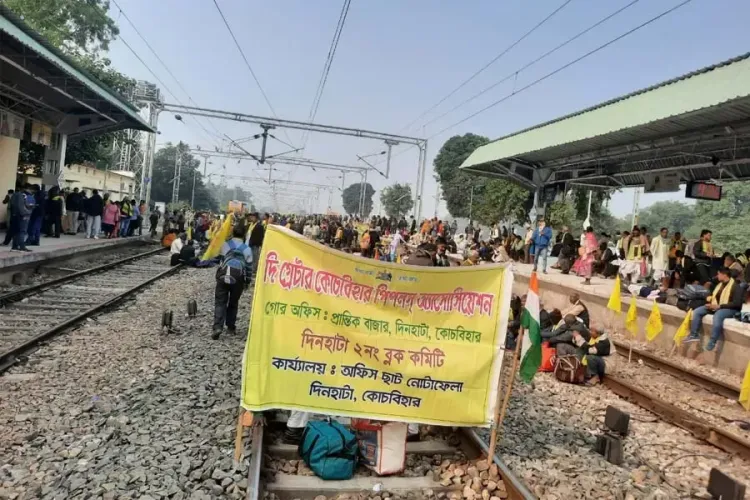
Kolkata, Dec 11 (NationPress) The rail blockade demonstration spearheaded by the Greater Cooch Behar People’s Association at West Bengal’s Jorai railway station on Wednesday, which called for a separate Cooch Behar State, has now been lifted.
This blockade, which commenced in the morning, completely disrupted train operations throughout most of North Bengal and certain areas of Northeastern India.
The protesters strategically selected Jorai station, close to the Assam-West Bengal border, as the primary site for the blockade, ensuring that railway services were impacted not only in North Bengal but also in parts of Northeastern India.
Initially, the protesters indicated their intention to maintain the rail blockade indefinitely, reminiscent of a similar protest in 2016, when Jorai station was again the focal point. That protest lasted for 80 hours until police intervention occurred.
However, this time, the blockade was called off in the afternoon following discussions between senior railway officials and the protesters that lasted a few hours.
The protesters asserted that, although they have temporarily lifted the strike to minimize passenger inconvenience, they are prepared to initiate similar actions in the future if their demands are not addressed.
During their negotiations with railway officials, the protesters requested that their demands be communicated to the offices of the Prime Minister and Union Home Minister. They also submitted their list of demands to the railway officials, who committed to forwarding it to the appropriate government offices.
According to the most recent updates, train services in the area are gradually returning to normal, with various trains that had been stranded at multiple stations now resuming their journeys.
In the wake of the rail blockade, several trains were either canceled or rerouted.
The Greater Cooch Behar People’s Association was established in 1998 and contends that the incorporation of the former Cooch Behar kingdom into West Bengal was unlawful. They argue that when the agreement for the merger of the former princely state of Cooch Behar with India was executed in 1949, there was a commitment to grant separate statehood to Cooch Behar.


